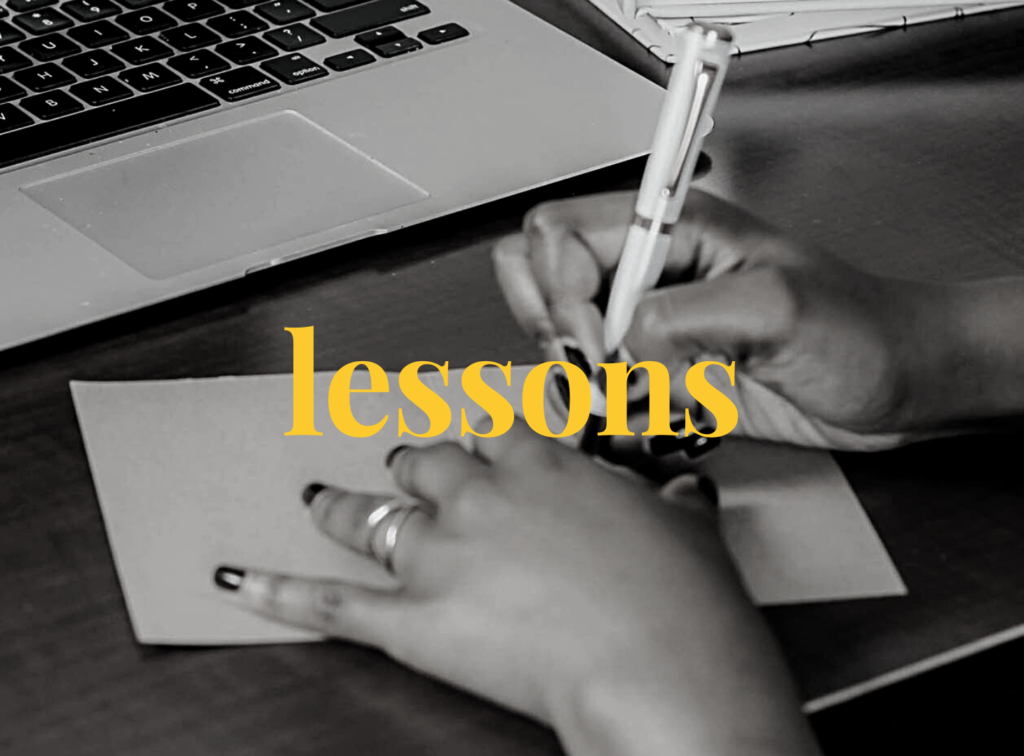Although thwarted by history in many ways, especially in the case of marginalized populations, the main objective of social inquiry is to solve problems. It is therefore crucial that you examine the question(s) or statement(s) you have identified as your research question and reflect on the extent to which they reflect a “coming together” of your own personal interest or passion and an existing social problem. These questions or statements should be informed by existing literature, your knowledge of the communities involved (see module on Community Engagement) and a reasonable understanding of situated knowledges, epistemology and ontology.
Research Responds to the Demand for Local Knowledge
The following profiles of graduate student researchers illustrate the ways research for social change can draw upon local knowledge in African contexts. As you read these profiles, think about how your own research might respond to the need for local knowledge.
Lebogang Disele
Lebogang Disele is a PhD candidate in the Department of Drama at the University of Alberta. Lebo is a graduate of the University of Cape Town (BA Film and Media Production [Radio], BA Honours [Drama]), as well as the University of the Witwatersrand in Johannesburg (MA ‘Dramatic Arts).
“My research question, broadly speaking, has been, ‘where are the women?’ With a focus on Botswana, I have been trying to understand what happens to women from the time they leave university to the time they start working that stops them from ascending to positions of leadership – focusing on Botswana.
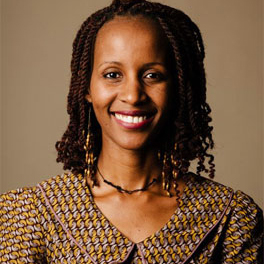
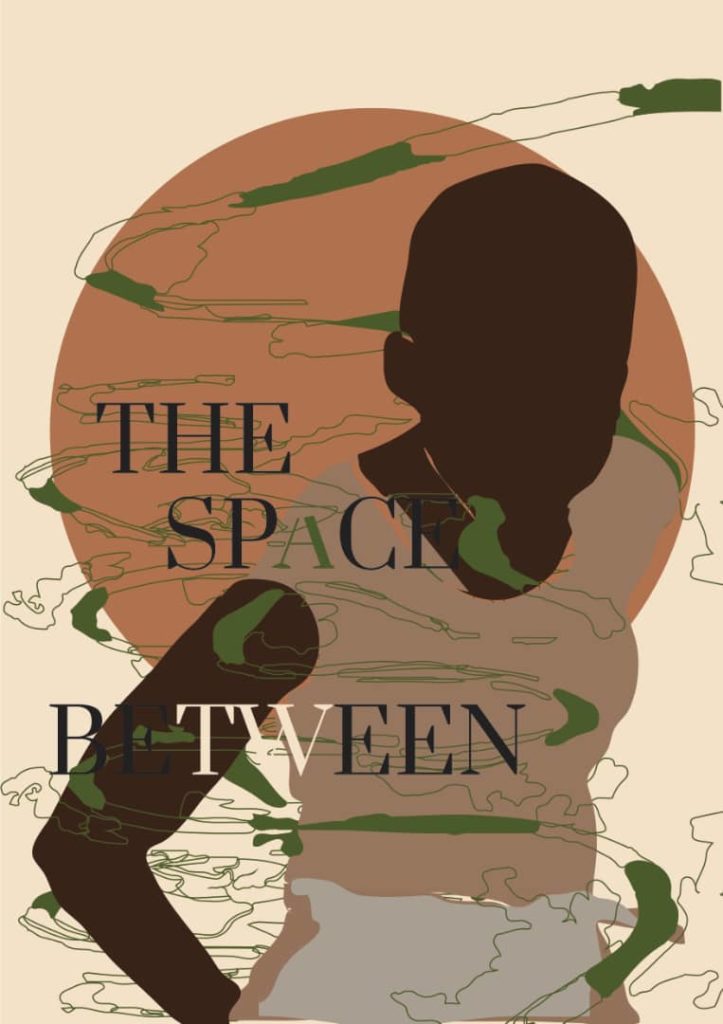
I have emphasized local knowledge by conducting interviews and focus groups with women in Botswana. I also produced two performances which were co-created with the cast and crew. I did this to create space for women to speak for themselves about their experiences.
I am invested in this research project because women still face so many barriers, which, from an African perspective, is starting to impede development goals. I want to understand what is stopping us from attending seriously to the issue of gender. This is a lofty goal, but I really am trying to change the narrative around women and leadership.”
Gabriel Ojakovo
My research examines the place and significance of Islamic nashīd (hymnody) used by the Boko Haram Islamic reformist movement in its online propaganda videos to promote its ideologies of radical Islam in northern-eastern Nigeria. In particular, I interrogate the uses of this musical tradition as one of the vehicles associated with the creation of the Nigerian Islamic state which this group proposes, the rejection of western education, and the institution of compulsory Quranic education and Shari’a law – a religious system of justice built on the Quran and Hadith. I am also interested in the use of nashīd and popular gospel music composed and performed by Muslim and Christian musicians to counter the ideologies which Boko Haram promotes.
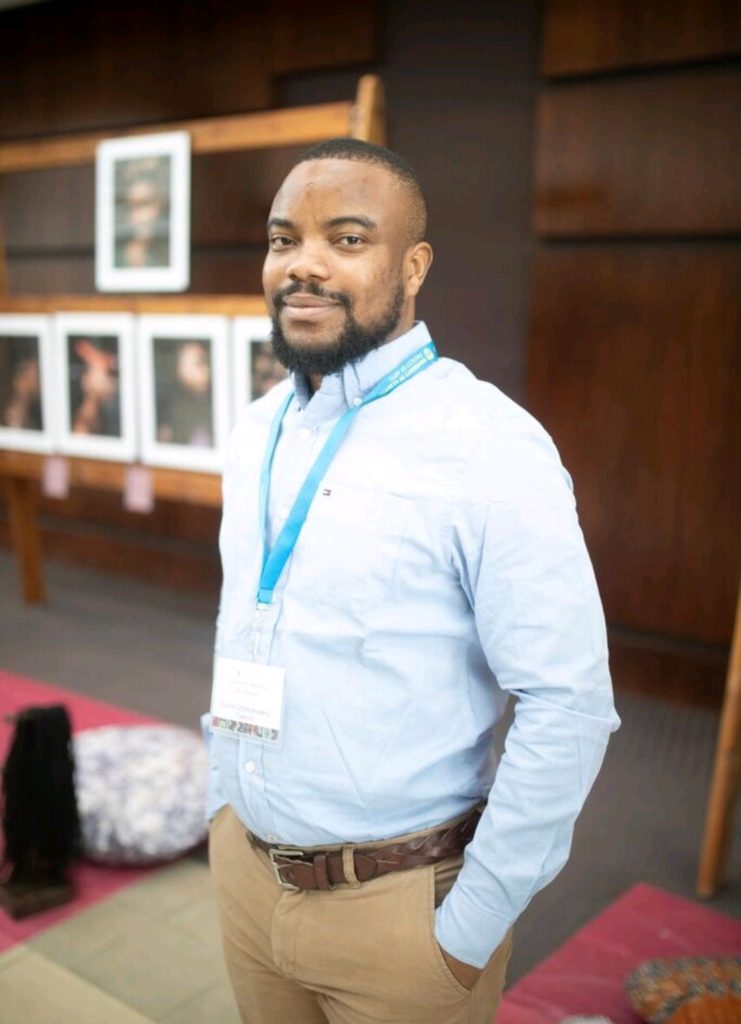
The research I propose investigates nashīd, and songs in pamphlets and cassette formats, to trace the origin and development of nashīd and other religious songs and their application to Islamic reformist movements with the focus on Uthman dan Fodio (Sunni) and Ibrahim El Zakzaky (b. 1953) – leader of the Shi’a Islamic Movement of Nigeria. The essence of this historical and contemporary study is to understand if Boko Haram nashīd are privileged on the existing local cultural production and (or) adopt from external sources within the global network of Jihad. Our understanding of the background of nashīd will provide an elaborate historical basis for the analysis of the lyrics composed in Hausa, Kanuri, and Arabic to identify the dialectics of the counter-musical traditions in other to investigate how local musicians use their songs to counter Boko Haram’s radical creed. As I do so, I will be asking a number of questions. How does music contribute to our understanding of peace or violence within a religious and secular context? What musical mechanisms are used to promote peace and violence in a polarized multi-religious society like Nigeria? Do the two categories of songs as they are used in contemporary Islamic practices – songs for peace, and songs for violence – incorporate earlier musical materials and if so, what musical strategies are mobilized to repurpose them for their different goals? How do they engage with one another and in what ways are they different?
My study will deepen the debate around religious violence, and justice, as well as contribute to the field of ethnomusicology, political science, and governance, by formulating policies that engage musicians in deconstructing radical creeds in northern Nigeria and elsewhere.
Ameley Quaye
The title of my research is “Negotiating Power, Resistance and Resilience in Women’s Social Clubs: A Postcolonial Exploration of Embodied Actions and Reactions within Culturally Unconventional Performance Spaces.” The African Woman’s body has rarely been examined as a site for cultural enactment, action and political powerplay. This research is inspired by a video of a women’s social group in Ashaiman, a suburb of the Greater Accra Region in Ghana, which surfaced on social media in 2019. Subsequent videos of the same group posted weeks after the debut, received much attention from the public sphere in Ghana. Zongo, akin to the popular space for marginalized and racialized Blacks in American “Ghettos”, is the space where these women “staged their performances”.
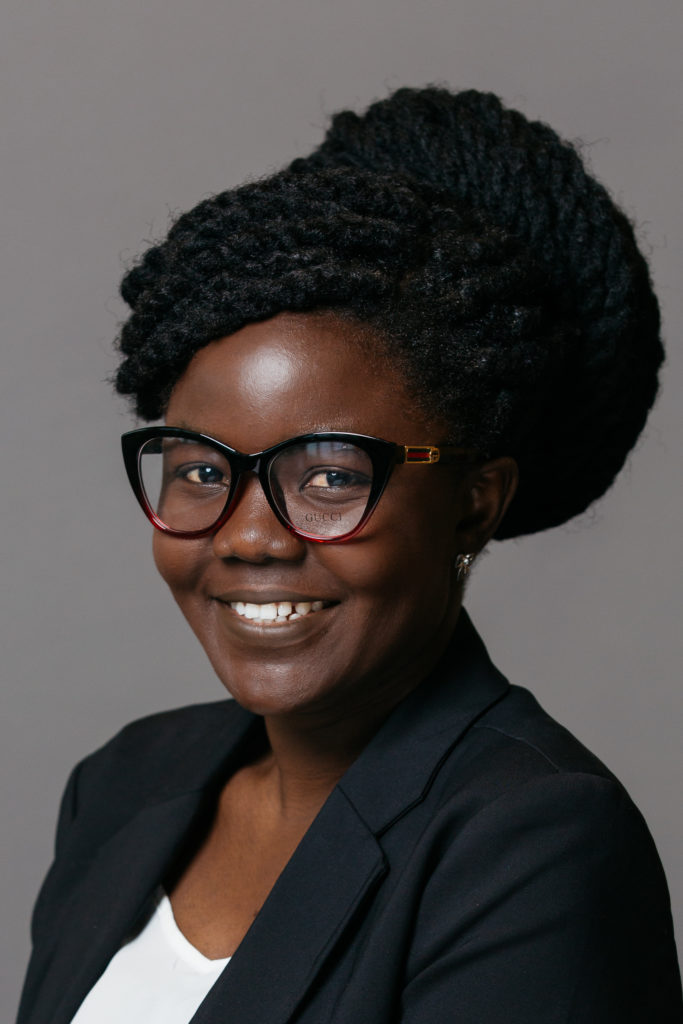
Their group name, “Secret Billionaires”, evoked laughter from social media commentators. It was laughable to reckon with the idea that women considered “lower class” with low or no educational qualifications would describe themselves as billionaires. The comments that flowed indicate a discourse on public pedagogies and controlling images assigned to women of such communities. This incident is not an isolated activity but rather a contemporary extension of the representation of female resilience, resistance, and power-play against cultural stereotypes.
This research posits women’s bodies as sites for cultural enaction, actions and political power-play. The body is conceptualized as one capable of being scripted where the performative dimensions can provide a framework for a postcolonial discourse analysis.
Interrogating the philosophical, ritualistic, aesthetic expressions, and abstruse components of the “performances” of these women’s groups will contribute to the literature and knowledge on performance analysis of happenings and rituals. A critical ethnographic research through a postcolonial theoretical lenses will aid in analyzing postmodernist spontaneous performances of women’s social groups and the relationship between bodily reactions and spatiality. While most scholarship researches women’s experiences through feminist lenses, this research will not only apply African feminist theories but also explore the Africana Womanist framework which is deeply rooted in Afrocentric paradigms, thereby problematizing the generalization of women’s experiences that ignores the separate experiences of Black women in Africa.
My research focuses on the following questions:
- What is performance within the political navigation of power and resilience among women in the low and middle class in Accra, Ghana?
- How is resistance/resilience “performed” and ritualized among women within unconventional spaces in Ghana?
- What is the role of drama in creating room for the performative interrogation of resistance by women in Ghana?
Bridget Alichie
The tentative title for my research is “#MeToo movement goes to church: The movement against sexual violence in Nigerian Pentecostal churches.” This research investigates the factors influencing ascendance of the #ChurchToo into a women-led movement in Nigeria from its initial online protests. It specifically explores why previously silenced Nigerian women are openly sharing shocking experiences of sexual violence by Pentecostal clergy under the recent #ChurchToo movement. #ChurchToo movement is Nigeria’s first women-led group against sexual violence in Nigerian churches.
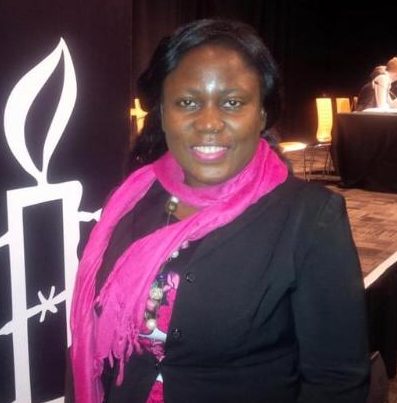
The research is directly addressing sexual violence as a means of accentuating women’s voices in closed religious’ settings formerly believed to be reverently immune. The objective is to explore how global women’s movements specifically, the #MeToo can impact local knowledge and awareness patterns even in highly conservative and patriarchal African cultures. Further, the research interrogates the movement’s broader implications for women’s activism in Africa, and various challenges confronting #ChurchToo activists thus far.
Coming from a Nigerian culture where all topics relating to sex are viewed as taboo, I am committed through scholarly research to curb sexual and gender-based violence, which continue to encourage stigmatization against survivors. Accentuating the voices of previously silenced women who suffered church-related sexual violence will equip them as knowledge holders capable of driving better policies needed to address the problem.
Assignment:
Instructions: Write a short reflection of no more than 500 words. You will submit your assignment using Google Forms. Use the following questions as a guide:
- Who am I?
- Where is my knowledge located?
- Which values and knowledge systems shape my way of seeing the world?
- What is my proposed research topic?
